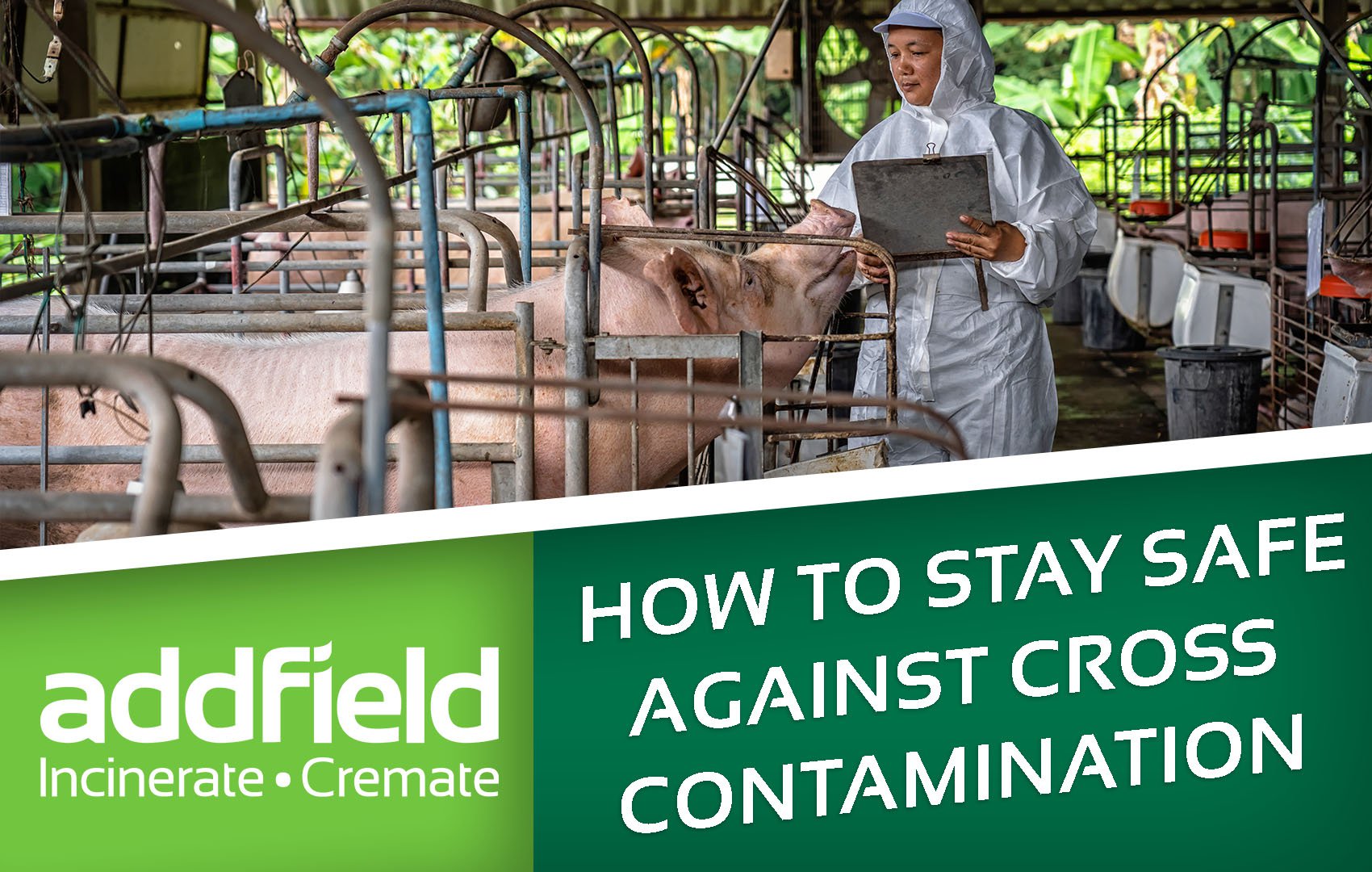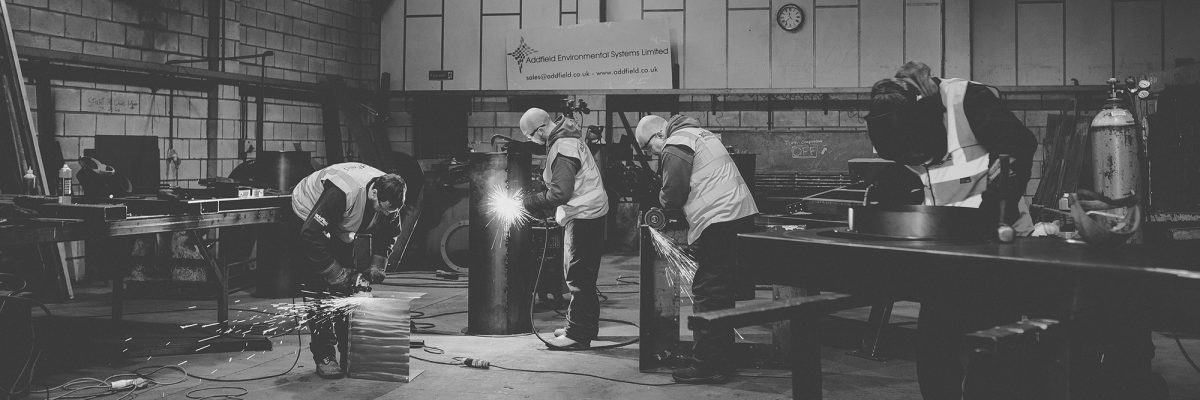
29/11/23
Should you be concerned about Swine Flu?
The recent announcement of the cross-contamination of a human with Swine Flu has raised discussions once again about the importance of biosecurity. Although this isolated case in the UK has made the news, is it something that you really need to be worried about?
African Swine Fever (AFSV) is a very serious disease that decimates livestock globally and sadly there is currently no cure. It can spread rapidly from wild pigs and boar into agricultural swine and decimate industries.
The Pig Flu that has crossed over into humans is not Swine Fever it is in fact A(H1N2)v which is a subtype of the influenza A virus that can infect you and is commonly just referred to as the Flu.
‘A’ types of influenza are the only type that can cause pandemics as they are capable of mutating and infecting various species, which is the case with A(H1N2), which can also infect pigs. In fact, the H1N2 variant contains genes from human, swine and avian influenza viruses, which makes it particularly potent and adaptable.
Should I be worried about Pig Flu?
According to the evidence, the answer is simple. No, not really. Autumn and Winter are commonly referred to as Flu season, and the H1N2 variant is just one of many that are floating around. The one person infected in the UK only suffered mild symptoms and recovered fully in only a couple of days.
In this instance it is nothing to worry about but what about next time? you may ask yourself.
How to Prevent a Pandemic
The agricultural industry is in a continuous war with viruses, and with all wars, there are often changes in which side is winning. In recent years, we have seen livestock and even countries decimated by African Swine Fever and Avian Flu; a small number of bird flu variants have crossed over into humans, resulting in minor illnesses. However, as we saw with the recent COVID-19 pandemic, it does not take long for a mutated virus to wreak havoc globally.
There is an old saying that goes, ‘Prevention is better than the cure’, which seems to be an approach that an increasing number of international governments are taking note of and are getting prepared for.
Biosecurity is the answer.
When a biosecurity crisis breaks out, it is often too late to order a solution that could take weeks or even months to deliver, depending upon the remoteness of the country. As such, in recent years, we have been supplying several countries with a number of our Rapid 1000 incinerators. These are our largest traditional machines, and when you need to dispose of infected livestock rapidly and securely, they are often the only option capable of handling up to 1000kg at a time.
In the same way, you will find fire engines parked up and waiting to jump into action at a moment’s notice to prevent the spread of fire. These trailer-mounted incinerators have been positioned in critical locations inland and near ports able to roll out and handle the disposal of the culled livestock within hours, dramatically reducing the risk to health and to industry.
Biosecurity has been a key factor within the farming industry for many years. An increasing number of countries now require every farm to have an onsite incinerator, and the benefits are clear. Beyond providing a cost-effective and timely way to dispose of fallen livestock and waste throughout the year, if an infection occurs, they can save their business with swift action, removing the virus at its source before it spreads across their grounds.
Addfield has been supporting the agricultural industry for over 40 years and have worked with farmers throughout multiple outbreaks as such we are experts in the field and available to answer any further questions you have.
- British Designed.
British Built. - World leaders in
incineration technology. - Unrivalled build quality
& machine longevity. - Distributed to more
than 150 countries. - Environmentally
Responsible. - Trusted partner, over
40 years experience.


